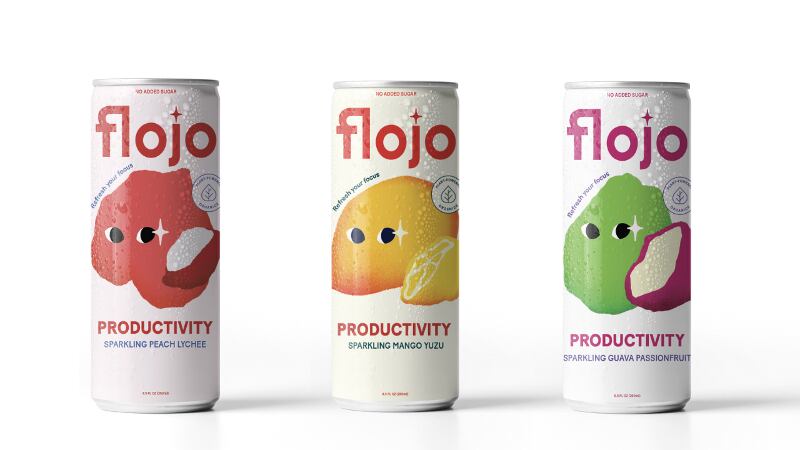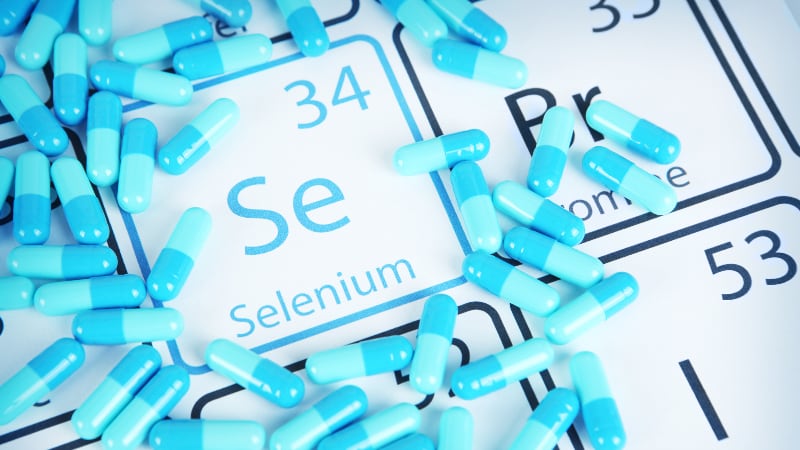Subjective memory complaint (SMC) refers to the perception of declining memory and cognitive function in an individual who has not been diagnosed with cognitive impairment.
SMCs are associated with reduced quality of life, increased risk of depression, and negative impact on activities of daily living. Each year, approximately 2.3% and 6.6% of older people with SMC reportedly progress to dementia and mild cognitive impairment (MCI) respectively.
Dietary factors, particularly foods rich in antioxidants, have been shown to protect against cognitive decline and memory-related conditions.
For instance, studies have indicated that grapes and astaxanthin, which have high antioxidant activity, could result in a neuroprotective effect when administered in isolation.
To investigate the effects of a multi-nutrient supplement containing astaxanthin, vitamin E, and grape juice extract on memory and cognitive function, a randomised, double-blind, placebo-controlled trial was carried out by researchers in Australia.
The study received funding from US firm NSE Products Inc, which also provided the nutraceutical and placebo provided to the participants.
One hundred males and females aged between 40 and 75 years who have SMCs, were randomly assigned to either the supplementation or placebo group.
The intervention contained 9mg astaxanthin, 250mg grape juice extract, and 12mg vitamin E (d-alpha tocopherol). Excipients in the softgels comprised olive oil, sunflower lecithin, yellow beeswax, fish gelatin, glycerine, and water.
The participants were asked to take two capsules once daily with food for 12 weeks.
It was found that nutritional supplementation was associated with significantly larger improvements in episodic memory (p = 0.037), but not for working memory (p = 0.418) or verbal learning (p = 0.841), compared to the placebo group.
However, based on the results from the Everyday Memory Questionnaire (EMQ), a self-report assessment of cognitive performance, participants in the intervention group had greater (42%) memory improvements over time, compared to the placebo group (18 %).
Other self-report outcome measures of stress, general well-being, and eye and skin health demonstrated no difference between the two groups.
“Episodic memory is a cognitive process involving the retention, recall, and encoding of information about experiences and events concerning a specific time and place. It has been suggested to be the most age-sensitive memory system. A worsening in episodic memory is one of the earliest and most common symptoms of MCI. In people with Alzheimer’s disease, severe deficits are present in this cognitive process.
“Given the promising improvement in episodic memory identified in this study, it is postulated that the intervention supplement may have protective effects in this region of the brain. Further research will be essential to extend and validate the current findings,” the authors wrote.
Although there were no significant differences between both groups in measures of working memory, verbal learning and memory, speed of information processing, accuracy of attention, and visuospatial learning, it is possible that participants with problems in these areas were not specifically recruited in the study.
“The results imply that the nutraceutical administered for 12 weeks did not influence cognitive domains and brain regions important for sustained focus, attention, and vigilance. Future trials in people with attention and working memory deficits will be important to substantiate these null effects.”
Anti-inflammatory and antioxidant
To examine the anti-inflammatory and antioxidant effects of supplementation, changes in blood markers of inflammation and oxidative stress, including brain-derived neurotrophic factor (BDNF), tumour necrosis factor-alpha (TNF-α), interleukin-6 (IL-6), and malondialdehyde (MDA), were measured.
In the intervention group, there was a statistically significant 46.10% increase in BDNF concentrations from baseline to week 12 (p < 0.001), compared to a 24.41% increase in the placebo group (p < 0.001).
BDNF plays a crucial role in neuronal survival and growth, and synaptic plasticity, which is essential for learning and memory. It also has anti-inflammatory effects on microglia, cells in the central nervous system that protect the brain against environmental stressors.
“This suggests that the nutraceutical’s neuroprotective effects may be due to its ability to increase BDNF, an important neurotrophin.”
As for MDA levels, there was a non-significant 12.49% decrease in the nutraceutical group (p = 0.294) and a near-significant 26.52% increase in the placebo group (p = 0.072).
In a previous study involving patients with recurrent depressive disorder, a higher concentration of plasma MDA was linked to worsened cognitive performance.
Further analyses demonstrated that there were significant differences between the groups regarding changes in BDNF (p = 0.037) and MDA (p = 0.020), but not TNF-α (p = 0.531) and IL-6 (p = 0.728).
In addition, skin carotenoid concentrations increased in the intervention group compared to the placebo group. As carotenoids are potent antioxidants, the nutraceutical may have exhibited neuroprotective effects via its antioxidant activity.
“Overall, the nutraceutical was well-tolerated as there were no reported serious adverse reactions or significant changes in safety blood markers related to renal and liver function.
“Although participants with self-reported cognitive complaints were recruited in this study, they presented with minimal-to-no cognitive deficits in a validated assessment. Therefore, conducting trials on larger samples with diagnosed conditions, such as MCI, will help better elucidate the efficacy of this nutraceutical and understand its mechanisms of action.”
Source: Nutrients
https://doi.org/10.3390/nu16111770
“An Examination into the Effects of a Nutraceutical Supplement on Cognition, Stress, Eye Health, and Skin Satisfaction in Adults with Self-Reported Cognitive Complaints: A Randomized, Double-Blind, Placebo-Controlled Trial”
Authors: Adrian L. Lopresti, et al





